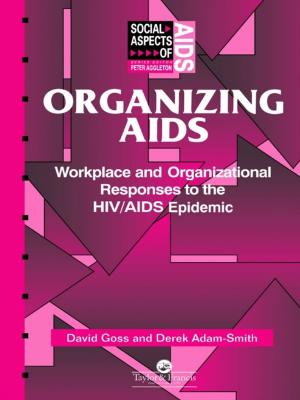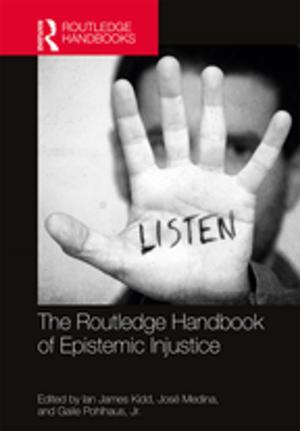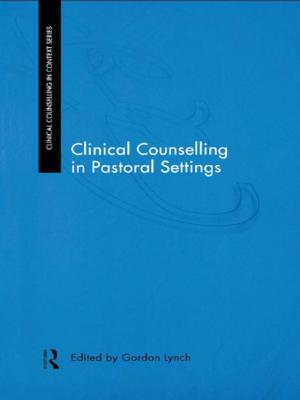| Author: | Mary Ann Gardell Cutter, Raphael Sassower | ISBN: | 9781317493181 |
| Publisher: | Taylor and Francis | Publication: | December 5, 2014 |
| Imprint: | Routledge | Language: | English |
| Author: | Mary Ann Gardell Cutter, Raphael Sassower |
| ISBN: | 9781317493181 |
| Publisher: | Taylor and Francis |
| Publication: | December 5, 2014 |
| Imprint: | Routledge |
| Language: | English |
"Ethical Choices in Contemporary Medicine" jettisons the standard medical ethics models of "rights" language and shows how the bioethical problems that receive attention from the media and the public are related to and are explicable in terms of the epistemological foundations of science and medicine. These epistemological concerns include how medical knowledge is established (scientific validity), how medical protocols are administered (checks and balances), how medical certainty is evaluated (probability) and medical responsibility is framed (personal or collective), and how medical knowledge is transmitted (popular media versus professional journals) and how medical care is allocated (insurance policies and government subsides). The book examines the present predicaments of medicine within a broad cultural context and suggests that rational discourse and parochial ethical dialogue may be futile in the face of competing and incommensurable frameworks and agendas, attitudes and wishes. The authors show that, in the postmodern age, two interrelated issues surface when it comes to medicine. On the one hand, there is a strong critique of science and the privileges associated with the scientific discourse and, on the other, there is still a deep-seated quest for certainty in all medical matters.
"Ethical Choices in Contemporary Medicine" jettisons the standard medical ethics models of "rights" language and shows how the bioethical problems that receive attention from the media and the public are related to and are explicable in terms of the epistemological foundations of science and medicine. These epistemological concerns include how medical knowledge is established (scientific validity), how medical protocols are administered (checks and balances), how medical certainty is evaluated (probability) and medical responsibility is framed (personal or collective), and how medical knowledge is transmitted (popular media versus professional journals) and how medical care is allocated (insurance policies and government subsides). The book examines the present predicaments of medicine within a broad cultural context and suggests that rational discourse and parochial ethical dialogue may be futile in the face of competing and incommensurable frameworks and agendas, attitudes and wishes. The authors show that, in the postmodern age, two interrelated issues surface when it comes to medicine. On the one hand, there is a strong critique of science and the privileges associated with the scientific discourse and, on the other, there is still a deep-seated quest for certainty in all medical matters.















